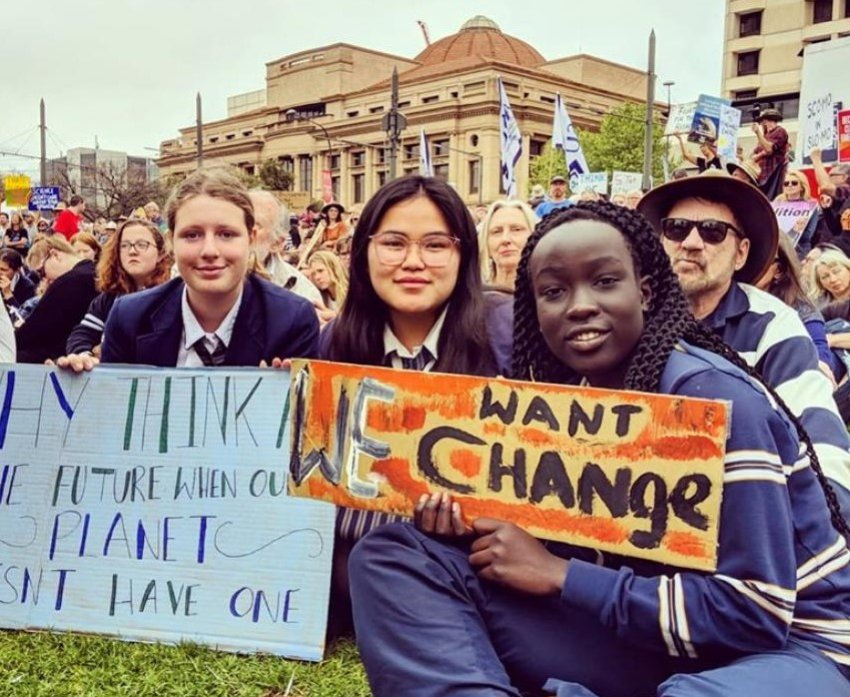
For the first time in Australia, a house of state parliament has voted to declare a climate emergency.
South Australia’s Legislative Council passed a motion moved by Greens MLC Mark Parnell on September 25 affirming “that we are facing a climate emergency” and calling for the transformation of the economy to net zero emissions.
The ACT Legislative Assembly declared a climate emergency in May.
Lacking a majority to block the declaration, members of the state’s governing Liberal Party were unwilling to be seen losing a formal count. Instead, they allowed it to be passed “on the voices”.
But that was not before the Liberals tried in vain to obtain the support of crossbenchers for an amendment to delete all references to a climate emergency.
For SA Liberals, climate change is a vexed topic that shows the party’s deep-rooted hypocrisy on environmental issues.
Liberal Premier Steven Marshall has sought the support of environmentally conscious voters by presenting himself as a champion of renewable energy. To the discomfort of federal colleagues, the state Liberals have endorsed the previous Labor government’s target of 75% renewable electricity by 2025.
But it is hard to see what else Marshall and his ministers might have done. Renewable energy is overwhelmingly popular in SA: early this year, an The Australia Institute survey showed almost 70% support in the state for a target of 100% renewables by 2030.
In any case, there is no entrenched coal lobby in SA to cajole and browbeat local Liberals. The state’s last coal-fired power station shut down in 2016.
SA Liberals, however, do not have a climate policy — just an energy policy.
The party’s manifesto for the most recent state elections in March last year featured a total of 148 policy positions. Not a single one of them appears to have mentioned climate change. That includes even a point on assistance to Murray River irrigators.
SA depends heavily on the Murray for its water supplies. Irrigation farmers in the state suffered grievously during the turn-of-the-century “Big Dry”, when water allocations were drastically reduced.
Climate change also poses a dire threat to the state’s substantial rain-fed agriculture. Like other regions of the world with Mediterranean climates, SA faces rapid drying as climate change causes winter storms to retreat polewards.
Not even drought-stricken farmers, however, seem able to focus the minds of Liberal parliamentarians on these dangers.